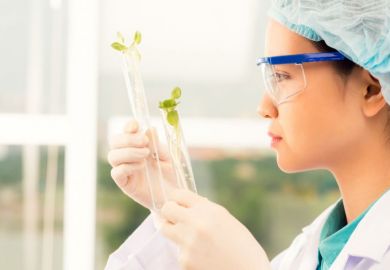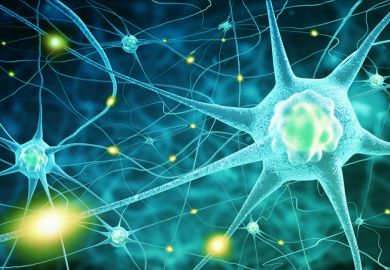Top universities where you can study biological sciences
Biological sciences is the study of life and living organisms, their life cycles, adaptations and environment. There are many different areas of study under the umbrella of biological sciences including biochemistry, microbiology and evolutionary biology.
A course in biological sciences will combine practical and theory work with a mixture of lectures, seminars and lab work. Those who choose to study the biological sciences can expect to expand their knowledge of cell theory, evolution, genetics, energy and homeostasis.
Most universities will offer degree programmes in the biological sciences and will also offer a joint degree programme with other sciences or the social sciences. Some universities will offer more specialised degrees within the biological sciences such as zoology or ecology. Assessments will vary across exams, coursework, presentations and lab work. Students will often be required to conduct research of their own, to answer a question of their choosing – generating exactly the sort of skillset that employers are seeking. This is often in a team, so students will be developing their skills in communications, delegation, research and management.
Students who study the biological sciences will be able to pursue many career avenues particularly within research, teaching, sales and in field work roles. Biology students will have a good base to move into medicine, and many go into research laboratories, or the pharmaceutical and biotech industries. Many careers such oceanographer, ecologist or marine biologist will need further study past an undergraduate degree. The fact biological sciences is driven by research and allows students the space to find their niche interest, a master’s degree is often the next step and is required pursue a research-based career.

